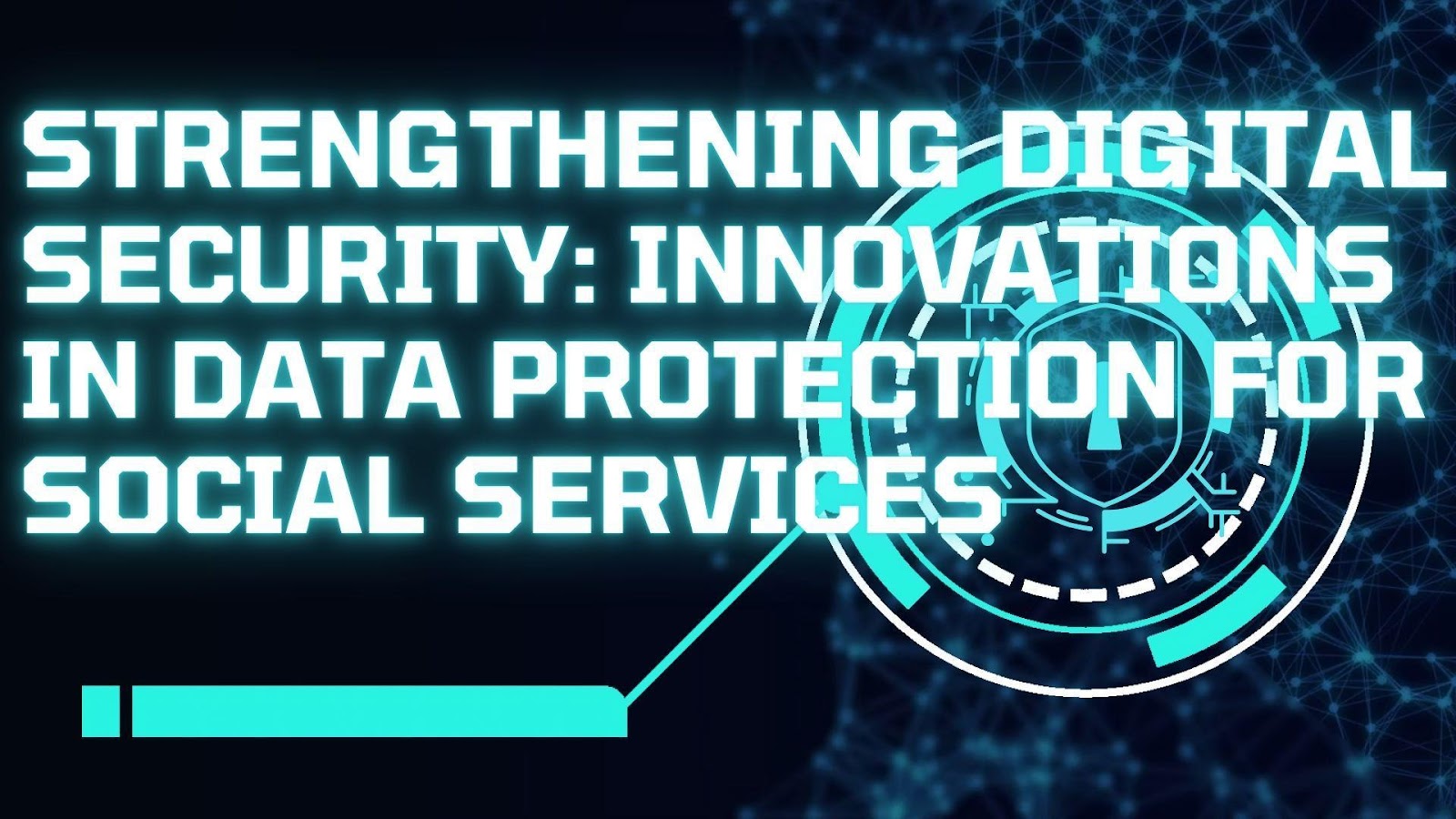Share Share Share Share Email In the modern digital landscape, data protection plays a crucial role in ensuring secure and efficient social service delivery. Nanda Kishore Chevuri, an expert in data security, explores the evolving implementation of HIPAA and GDPR compliance in social services. This article delves into groundbreaking innovations in data protection that enhance security and streamline service operations.
Advancements in Encryption Standards As digital threats become increasingly sophisticated, encryption standards have evolved to fortify data security in social services. The adoption of AES 256-bit encryption has emerged as a fundamental safeguard, ensuring that sensitive personal information remains protected from unauthorized access. With an implementation rate of 83%, this encryption standard demonstrates an impressive effectiveness rate of 97.

5%, reinforcing its reliability in securing digital records. The integration of multi-factor authentication (MFA) further strengthens access control, reducing unauthorized data breaches through layered security protocols Access Control Mechanisms for Enhanced Security The necessity for robust access control mechanisms has led to the widespread adoption of role-based access control (RBAC) systems. With an implementation rate of 92%, these systems provide organizations with the ability to regulate data access based on predefined user roles, significantly mitigating the risk of internal threats.
Additionally, the implementation of biometric authentication, knowledge-based authentication, and device-based verification has amplified security measures, ensuring that only authorized personnel can access critical social service databases. Security Architecture and Compliance Strategies The regulatory landscape surrounding data protection necessitates the implementation of comprehensive security architectures. Modern integration frameworks incorporate zero-trust architecture, real-time monitoring, and automated compliance verification systems to uphold security standards.
These strategies are particularly crucial in social services, where compliance with HIPAA and GDPR is non-negotiable. Zero-trust security models, with an effectiveness rate of 99.3%, mandate continuous authentication, minimizing vulnerabilities associated with traditional access models.
HIPAA-Compliant Data Protection Strategies HIPAA compliance mandates rigorous security protocols to safeguard electronic protected health information (ePHI). Social service organizations have embraced unique user identification systems, emergency access protocols, and automatic logoff mechanisms to align with HIPAA requirements. Encryption and decryption processes further reinforce data security, ensuring secure transmission of sensitive information.
Studies indicate that organizations adhering to HIPAA’s encryption guidelines maintain a 95.8% compliance rate..
GDPR Implementation and Data Minimization GDPR compliance has reshaped data management strategies in social services, emphasizing data minimization principles to enhance privacy protection. Organizations now prioritize collecting only the necessary data, reducing the risk of data breaches while maintaining compliance. The adoption of structured compliance monitoring systems has resulted in a 92% reduction in data protection incidents, demonstrating the effectiveness of stringent data governance frameworks.
Furthermore, organizations investing in subject access request (SAR) processes allocate significant resources to ensuring transparency and user control over personal data. Secure API Integration and Data Transmission The integration of secure APIs plays a pivotal role in maintaining seamless data exchange while preventing cyber threats. With 91% of enterprises incorporating API-driven solutions, organizations have prioritized implementing multi-layered security protocols to protect digital interactions.
Modern security management systems utilize advanced authentication measures, real-time monitoring, and encrypted data transmission protocols to safeguard sensitive information. Studies reveal that effective API security implementation achieves a 96.2% threat detection rate.
Continuous Monitoring and Compliance Oversight Maintaining compliance with data protection regulations necessitates continuous monitoring and proactive security measures. Automated compliance management systems have revolutionized regulatory adherence, enabling organizations to track compliance metrics efficiently. The integration of artificial intelligence (AI)-driven monitoring tools enhances threat detection capabilities, reducing security vulnerabilities and improving overall compliance rates.
Organizations investing in structured quality management frameworks report significant improvements in service efficiency, reinforcing the value of ongoing compliance oversight. In conclusion,The evolution of data protection in social services underscores the importance of continuous innovation in security implementation. By embracing encryption advancements, access control mechanisms, and regulatory compliance frameworks, organizations can uphold data security while optimizing service delivery.
As Nanda Kishore Chevuri highlights, the success of these strategies hinges on proactive monitoring, adaptive security measures, and a commitment to regulatory excellence. Through these innovations, social service organizations can ensure robust data protection, fostering trust and efficiency in an increasingly digital world. Related Items: Data Protection , Nanda Kishore Chevuri Share Share Share Share Email Recommended for you Cloaked Is Redefining Digital Freedom And Reclaiming Privacy in the Age of Big Data and AI; Interview with Arjun Bhatnagar, Co-founder and CEO of Cloaked.
How Cybersecurity Can Save Our World: Expert Opinion by Philipp Lebedev Data Lake Security Comments.
Technology

Strengthening Digital Security: Innovations in Data Protection for Social Services

In the modern digital landscape, data protection plays a crucial role in ensuring secure and efficient social service delivery. Nanda Kishore Chevuri, an expert in data security, explores the evolving implementation of HIPAA and GDPR compliance in social services. This article delves into groundbreaking innovations in data protection that enhance security and streamline service operations. [...]The post Strengthening Digital Security: Innovations in Data Protection for Social Services appeared first on TechBullion.















